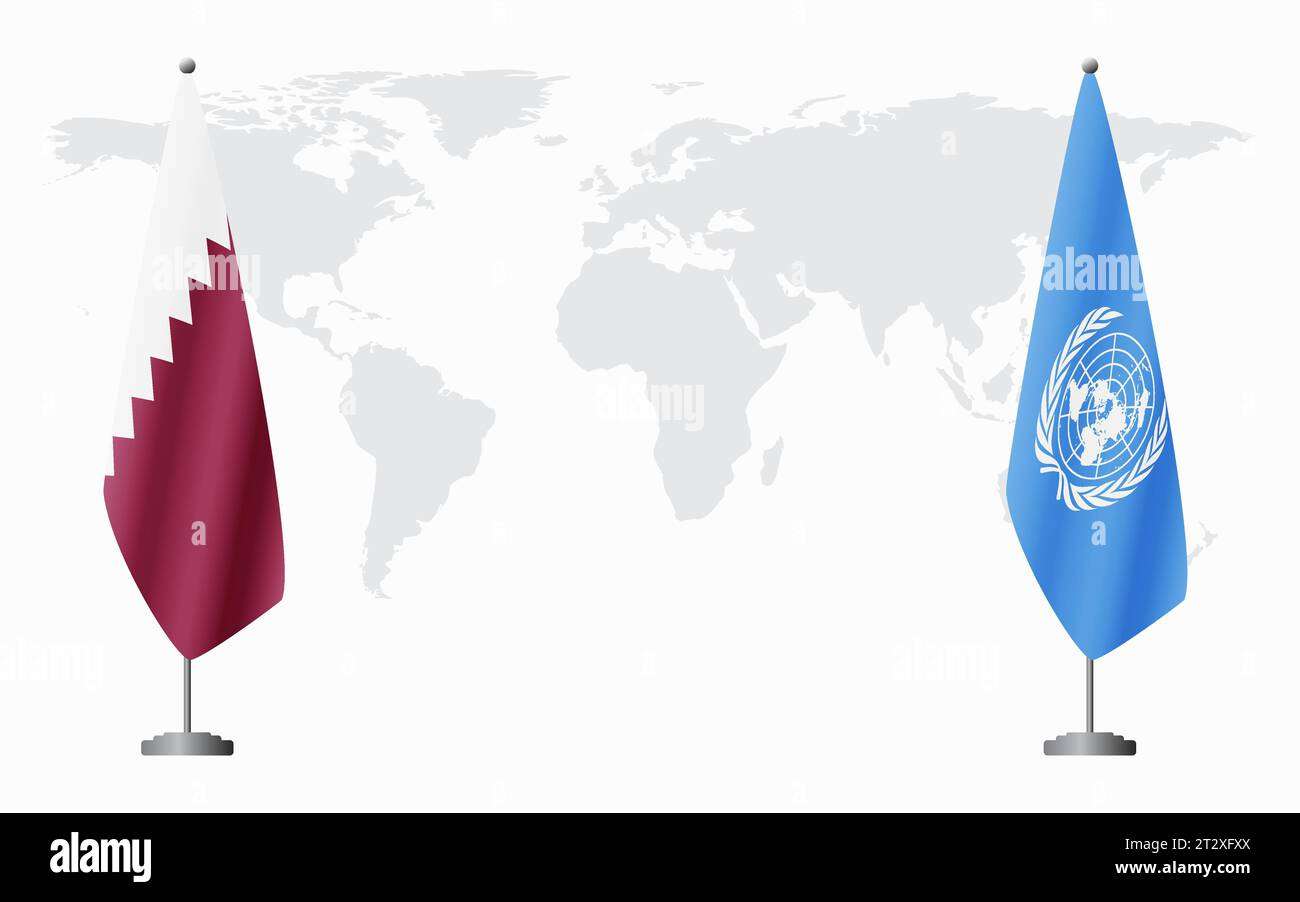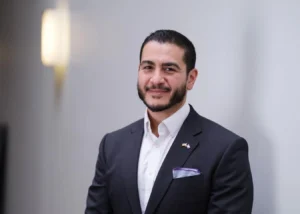By Alain Renald
In one of its harshest opinions in recent years, the United Nations Working Group on Arbitrary Detention has found Qatar directly responsible for the illegal arrest, arbitrary detention, and torture of Tayeb Benabderrahmane, a French citizen and former adviser to Qatar’s National Human Rights Committee.
Adopted during the Working Group’s 102nd session, the decision stands as one of the most forceful condemnations ever issued against the Gulf state, highlighting multiple violations of international law.
“The violations of fundamental rights are of such gravity as to render this detention arbitrary,” the report states, calling for immediate redress.
A Detention with the Hallmarks of a Political Purge.
On January 13, 2020, in Doha, around fifteen Qatari security agents arrested Mr. Benabderrahmane without a warrant or any legal justification. Taken to a secret detention facility, he was held in isolation for months, subjected to prolonged sleep deprivation, painful stress positions, threats against his family, and interrogations aimed at forcing false confessions.
He was given no access to legal counsel, French consular assistance, or interpretation services. According to the U.N., the aim was to neutralize a figure viewed as politically inconvenient, known for his integrity and his outspoken criticism of corruption at the highest levels of the Qatari state.
Timeline of the Case.
-January 2019 – Begins work with Qatar’s National Human Rights Committee.
-November 2019 – Announces resignation.
-January 13, 2020 – Arrested in Doha without warrant or charges.
-January – July 2020 – Secret detention and torture.
-July – August 2020 – Placed under house arrest.
-November 2020 – Expelled to France.
-May 2023 – Sentenced to death in absentia in Qatar, based on confessions obtained under torture.
-April 2025 – U.N. decision condemning Qatar.
From Detention to a Death Sentence.
After more than six months in custody, Mr. Benabderrahmane was placed under house arrest in a Doha hotel under constant surveillance before being expelled to France in November 2020.
In May 2023, a Qatari court sentenced him to death in absentia, relying on forged documents and confessions obtained under torture. The U.N. described the proceedings as “manifestly tainted by irregularities” and in breach of every guarantee of a fair trial.
France Under Fire for Inaction.
Since 2020, Mr. Benabderrahmane and his lawyers have repeatedly requested diplomatic protection from Paris. Despite compelling evidence and the severity of the accusations — including the death sentence — French authorities have taken no public action on his behalf.
“The French government’s lack of response raises questions about the priority given to human rights when faced with economic and strategic considerations,” said one international law expert.
Observers say the case underscores a recurring dilemma: defending the rights of a citizen against a wealthy and influential strategic partner, or prioritizing realpolitik.
Firm U.N. Demands.
The Working Group has called on Qatar to:
-Fully compensate Mr. Benabderrahmane.
-Restore all of his rights.
-Conduct an independent investigation into the violations committed.
-Prosecute those responsible.
-Reform judicial and security practices to comply with international law.
“Qatar must demonstrate its willingness to respect its international obligations,” the U.N. warns, adding that it may escalate the matter to the Human Rights Council if Doha fails to act.
A Double Scandal.
For human rights advocates, the Benabderrahmane affair is a double scandal: a state acting with impunity, and a democratic nation — France — whose silence undermines its credibility when it claims to defend human rights abroad.















